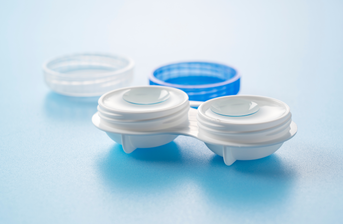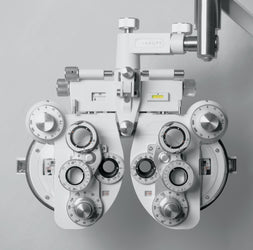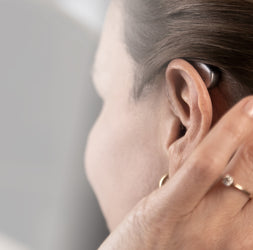Illuminating the Nature of Nighttime Reflections
When we drive at night, the road ahead seems to shimmer with the glow of streetlights, headlights, and other artificial light sources. However, this seemingly captivating spectacle can pose a challenge to our eyesight. In this blog, we will explore the nature of nighttime reflections, understanding how light interacts with various surfaces, including wet roads, car windshields, and road signs. By grasping the fundamentals of reflections during nighttime driving, we can better comprehend the visual disturbances they create and the potential risks they pose.The Impact of Reflections on Nighttime Vision
Reflections at night can significantly affect our ability to perceive the road clearly and react swiftly to potential hazards. Glare from oncoming headlights, halos surrounding streetlights, and reflections on the windshield can all impede our vision, making it crucial to address these challenges. We will delve into the various ways reflections can compromise our nighttime driving experience and explore how certain eye conditions may exacerbate the effects. By recognizing the adverse impacts of reflections on nighttime vision, we can take proactive measures to mitigate these risks and ensure safer journeys on the road.Navigating Nighttime Driving Challenges
Fortunately, several effective strategies can help us navigate nighttime driving with greater confidence. Here are a few practical tips and techniques to minimize the impact of reflections while driving at night and overall road safety.-
Keep windshields and mirrors clean: regularly clean both the inside and outside of windshields
and mirrors to reduce reflections and glare, ensuring a clear view of the road.
-
Use anti-reflective
coatings: opt for eyeglasses with anti-reflective (AR) coatings to minimize reflections on lenses, enhancing
visibility and reducing nighttime glare.
-
Adjust headlights properly: ensure headlights are correctly
aligned to avoid causing excessive glare for oncoming drivers and to improve your own visibility.
-
Dim
interior lights: reduce the brightness of dashboard and interior lights to minimize reflections on the
windshield,
allowing better focus on the road.
-
Allow your eyes to adjust: when transitioning from well-lit areas to
darker ones, give your eyes time to adjust. Avoid looking at bright lights directly, as it can make it harder for
your
eyes to adapt to the darkness.
-
Avoid high beam use in urban areas: save your high beams for rural or
poorly-lit areas. Using high beams in urban settings can cause excessive glare for other drivers and create
reflections,
making it more difficult for you to see clearly.
-
Follow at a safe distance: keep a safe following
distance from the vehicle ahead, especially when it is equipped with bright, reflective tail lights. This allows you
more time to react to sudden stops or obstacles without being distracted by reflections.
-
Stay focused and
alert: nighttime driving demands extra attentiveness. Stay focused on the road, scan your surroundings, and
anticipate potential hazards to avoid sudden reactions to reflections.
The Importance of Regular Eye Check-ups
Your vision is a precious gift that deserves consistent care and attention. Optometrists and opticians play a crucial role in assessing your eyes' health, identifying potential issues, and providing personalized solutions to address your unique visual needs. Through thorough eye check-ups, we can detect and address underlying problems, such as astigmatism, myopia, or cataracts, which might exacerbate the challenges posed by night reflections. By prioritizing your eye health, you can enjoy sharper, clearer vision that serves you well, regardless of the time of day.Navigating the Night with Confidence
As we delve deeper into the intricacies of nighttime driving and reflections, we cannot overlook the significance of regular eye check-ups. Our eyes are vital instruments for driving, especially in low-light conditions. Optometrists and eye care professionals play an indispensable role in evaluating our visual health and detecting potential issues that may exacerbate the challenges posed by reflections at night. By prioritizing regular eye examinations, we can ensure that our eyes are equipped to handle the demands of nighttime driving, promoting not only clear vision but also safer travels on the road.As the night unveils its mysteries and we venture into the darkness, reflections can test our visual acuity and driving confidence. However, armed with knowledge and the guidance of eye care professionals, we can navigate the roads after dark with greater clarity and security. We hope this blog has illuminated the importance of understanding and addressing night reflections, encouraging you book an online appointment and prioritize your eye health. By adopting the strategies and tips shared here and prioritizing regular eye check-ups, you can experience the joy of nighttime driving without compromising on safety. Together, let us steer clear of the challenges posed by reflections and embark on well-lit journeys, embracing the thrill of driving under the stars.
BOOK AN APPOINTMENT








